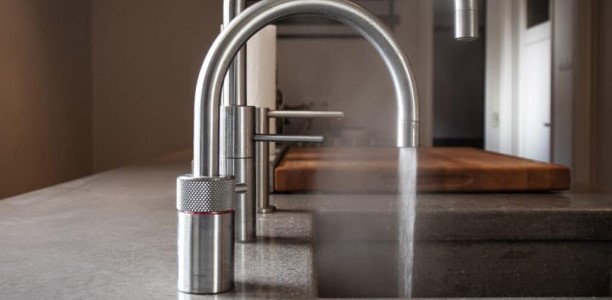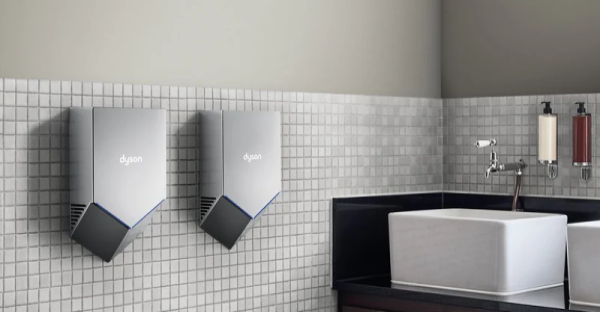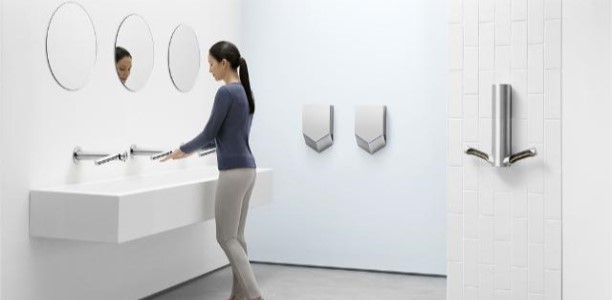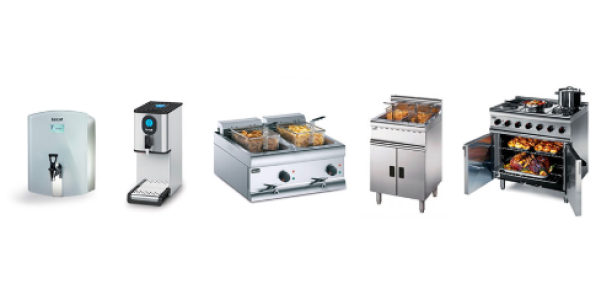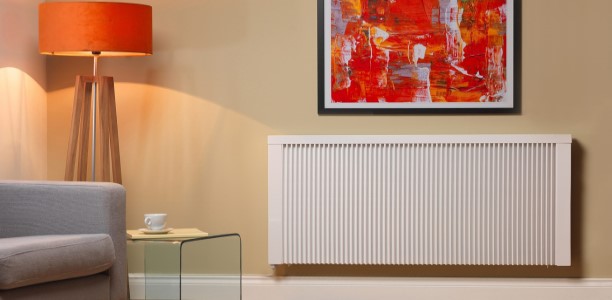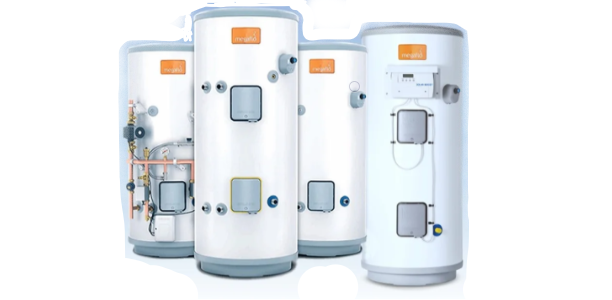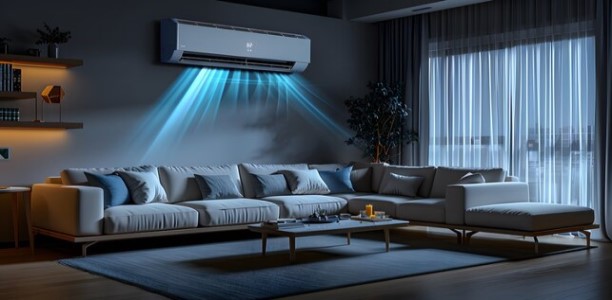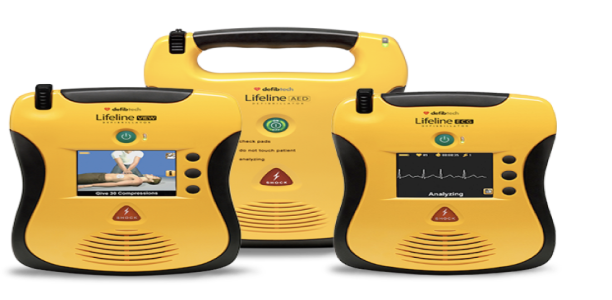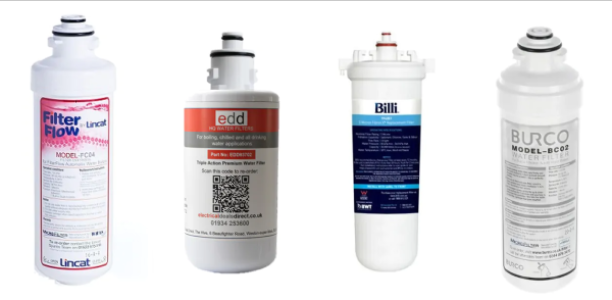An immersion heater is a type of electrical heater used to heat water by directly immersing a heating element into the liquid. It typically consists of a metal heating element that is placed inside a tank, vessel, or container filled with the liquid to be heated. When electricity passes through the element, it generates heat, which is transferred to the liquid surrounding it.
Immersion heaters are commonly used in water tanks, boilers, and even in some portable devices like electric kettles or water heaters. They're often used in situations where direct contact with the liquid is required for efficient heating. Here at Electrical Deals Direct, we sell a range of branded immersion heaters, such as OSO, Heatrae Sadia and Tesla.
Basic information:
Heating Element: The core of an immersion heater is its heating element, typically made of a metal like copper or stainless steel, which is a good conductor of heat. The element is usually in the shape of a coil or a rod.
Electricity Flow: When electricity passes through the heating element, it encounters resistance. This resistance causes the element to heat up.
Heat Transfer: The heat generated by the element is directly transferred to the liquid it is submerged in, raising its temperature. Since the heater is in direct contact with the liquid, this method of heating is very efficient.
Temperature Control: Most immersion heaters are equipped with a thermostat or temperature sensor. Sometimes, it is the thermostat alone which needs replacing. This device monitors the temperature of the liquid and regulates the flow of electricity to the heating element to maintain the desired temperature. Once the liquid reaches the set temperature, the thermostat may turn off or reduce the power to the element to prevent overheating.
Advantages of Immersion Heaters:
- Efficient Heating: Since the heating element is directly immersed in the liquid, it provides efficient heat transfer.
- Ease of Use: They are easy to install in a variety of containers or vessels.
Cost-Effective: They are often inexpensive to install and maintain.
Precautions and Considerations: - Safety: It's important to ensure that the immersion heater is designed for the correct type of liquid.
Corrosion and Scaling: Over time, especially in hard water areas, minerals in the water can cause scaling on the element, reducing efficiency. Regular maintenance or descaling is recommended. - Dry Running: Immersion heaters should never be turned on if they are not submerged in liquid. Running a heater without water or another liquid can cause it to overheat and potentially damage the element.
Immersion heaters are made up of different metals such as incoloy, titanium and copper. The installer will choose which type of metal based on multiple factors surrounding water hardness.
Precautions and Considerations:
- Safety: It's important to ensure that the immersion heater is designed for the correct type of liquid.
- Corrosion and Scaling: Over time, especially in hard water areas, minerals in the water can cause scaling on the element, reducing efficiency. Regular maintenance or descaling is recommended.
- Dry Running: Immersion heaters should never be turned on if they are not submerged in liquid. Running a heater without water or another liquid can cause it to overheat and potentially damage the element.
Immersion heaters are made up of different metals such as Incoloy, titanium and copper. The installer will choose which type of metal based on multiple factors surrounding water hardness.
Pros: An excellent conductor of heat, and is mostly resistant to corrosion. It is often used in immersion heaters for its efficiency in heat transfer (which is all very important).
Cons: In hard water areas, copper may corrode over time. The minerals can cause the copper to degrade, leading to failure of the heater. However, it still remains a popular choice in soft to moderately hard water areas due to its high heat conductivity.
Pros: Stainless steel is highly resistant to corrosion, including from hard water minerals-making it a durable and top choice in hard water areas.
Cons: While stainless steel is fairly resistant to corrosion, it is not entirely immune to scaling. However, it’s more resistant than copper, making it a popular choice in both hard and soft water areas.
Pros: Titanium is highly resistant to corrosion and scaling, even in extremely hard water. It is also incredibly durable and has a very long lifespan, which makes it an ideal choice for industrial or long-term applications where water hardness is an issue. This can reduce the costs of an installer because it saves it being replaced too often.
Cons: This metal is more expensive than copper or stainless steel; purchasers may be reluctant to spend more money.
Pros: A high-performance alloy known for its resistance to both corrosion and scaling, making it ideal for very harsh water conditions, including those with high hardness.
Cons: Like titanium, alloys such as Incoloy are more expensive than copper or stainless steel but provide good resistance in challenging water conditions.
Other factors to consider are making sure the correct KiloWatt, length and thread size are correct. The installer should make an educated purchase or replace the current immersion heater like for like to ensure the correct immersion heater is purchased. These details are always included in the description of the product, for example: Tesla 3kw 14" Titanium Immersion Heater TIH572PI - 1 3/4" Thread. We make sure these details re included in the title of the product to avoid any purchases being made in error.
To summarise, immersion heaters are an efficient and cost-effective solution for heating liquids, particularly water, through direct contact with a metal heating element. Its design allows for quick and reliable heating, making it ideal for a wide range of applications, from household water heaters to industrial processes. The choice of metal for the heating element—whether copper, stainless steel, titanium, or incoloy—plays a crucial role in the heater's performance and durability, especially in relation to water hardness. Ultimately, the selection of metal depends on the specific needs of the installation, including water quality, cost, and long-term durability. By understanding these factors, both homeowners and professionals can make informed decisions to ensure the longevity and efficiency of their immersion heaters.
Electrical Deals Direct stock a wide variety of spares and accessories for your needs. Whether you're looking for replacements or upgrades, we have you covered. For more details or assistance, feel free to call one of our knowledgeable team members on 01934 253600 or email us - spares@electricaldealsdirect.co.uk. We're here to help!








